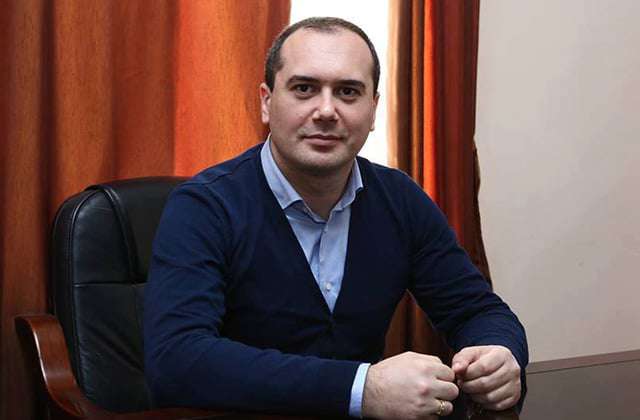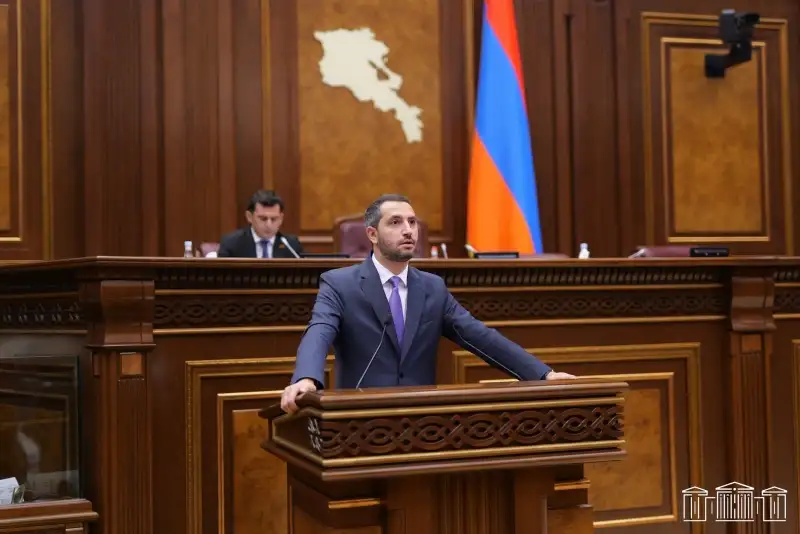Radar Armenia's interlocutor is political scientist Armen Petrosyan.
-The US will continue its active involvement in the unblocking of the routes and the Armenian-Azerbaijani peace process. What prerequisites do you see? Azerbaijan allowed the US to mediate as a third party, but also refused. Will Azerbaijan face difficulties in resisting American mediation?
-The situation needs to be assessed more precisely. Currently, US involvement is primarily focused on unblocking routes and, more specifically, on negotiating a separate agreement with Armenia to facilitate some level of involvement or participation in the Syunik sector. As for the general peace process, it is bilateral, between Armenia and Azerbaijan, and the United States is simply trying to get some benefits in the context of the policy of the Donald Trump administration by promoting that process. Still, it has no specific involvement at the moment. We are aware that the current proposal by the United States regarding Syunik, particularly concerning the lease, poses a problem that contradicts the four principles Armenia has declared in the de-blockade process: territorial integrity, sovereignty, jurisdiction, and reciprocity. At the moment, the lease proposal has been rejected. However, I believe negotiations will still take place, as the current US administration has particular interests in our region, particularly in the de-blockade process. I cannot comment on the outcome, but the United States is now involved in the de-blockade process, and Azerbaijan has rejected the possibility of the United States being engaged in its territory. Azerbaijan has rejected it, and now the negotiations or the entire process, the contacts are taking place between Armenia and the United States. In other words, with this, the responsibility for American involvement was left on Armenia, and Azerbaijan does not want to create any problems in relations with the United States.
-The Russian Federation is passive, while Iran has reaffirmed its principled position against the involvement of extra-regional forces. Will Iran be able to create serious obstacles?
-As for Russia and Iran, it is clear that such a model of lifting the blockade, that is, with the involvement of the United States, cannot in any way be in the interests of both players, and this issue is a matter of geopolitical importance. Russia, for example, has been advocating for the lifting of the blockade to take place on "November 9", in which it is assigned a specific role. Now, Russia, being stuck in the Ukrainian war, not wanting to deviate from this issue even a millimeter, is trying to take any steps to neutralize the involvement of the United States. However, in this context, we also see Iran's activity, and, in my opinion, the activation is also to some extent conditioned by the division of roles with Russia, namely that Iran will be the leading regional actor, which will try to counteract or limit the involvement of the United States. This is also the reason for both the previous and new theses voiced by Iran. The last thesis, which states that if the lifting of the blockade is to take place, it should be without violating the territorial integrity of states and violating internationally recognized borders, was strictly consistent with the basic principles of the Armenian side. I should note that the Iranian side's current statements also highlight the problematic nature of the issue involving an extra-regional actor, particularly the United States, which is influenced by the tension in relations with the United States. It is difficult to say whether it will be able to neutralize it or not, but Iran currently faces a challenge in excluding the lifting of the blockade, which does not serve its interests.


















